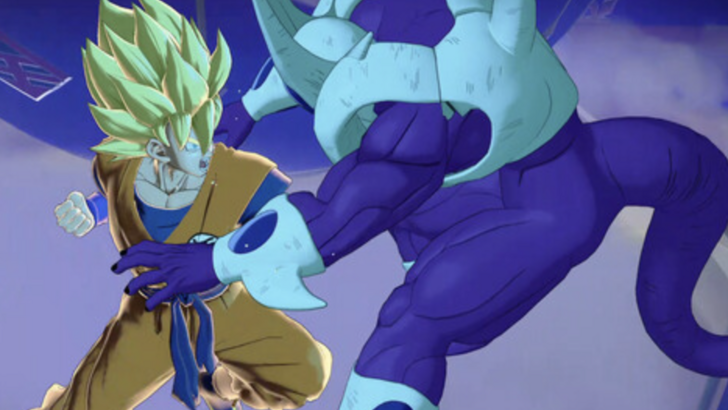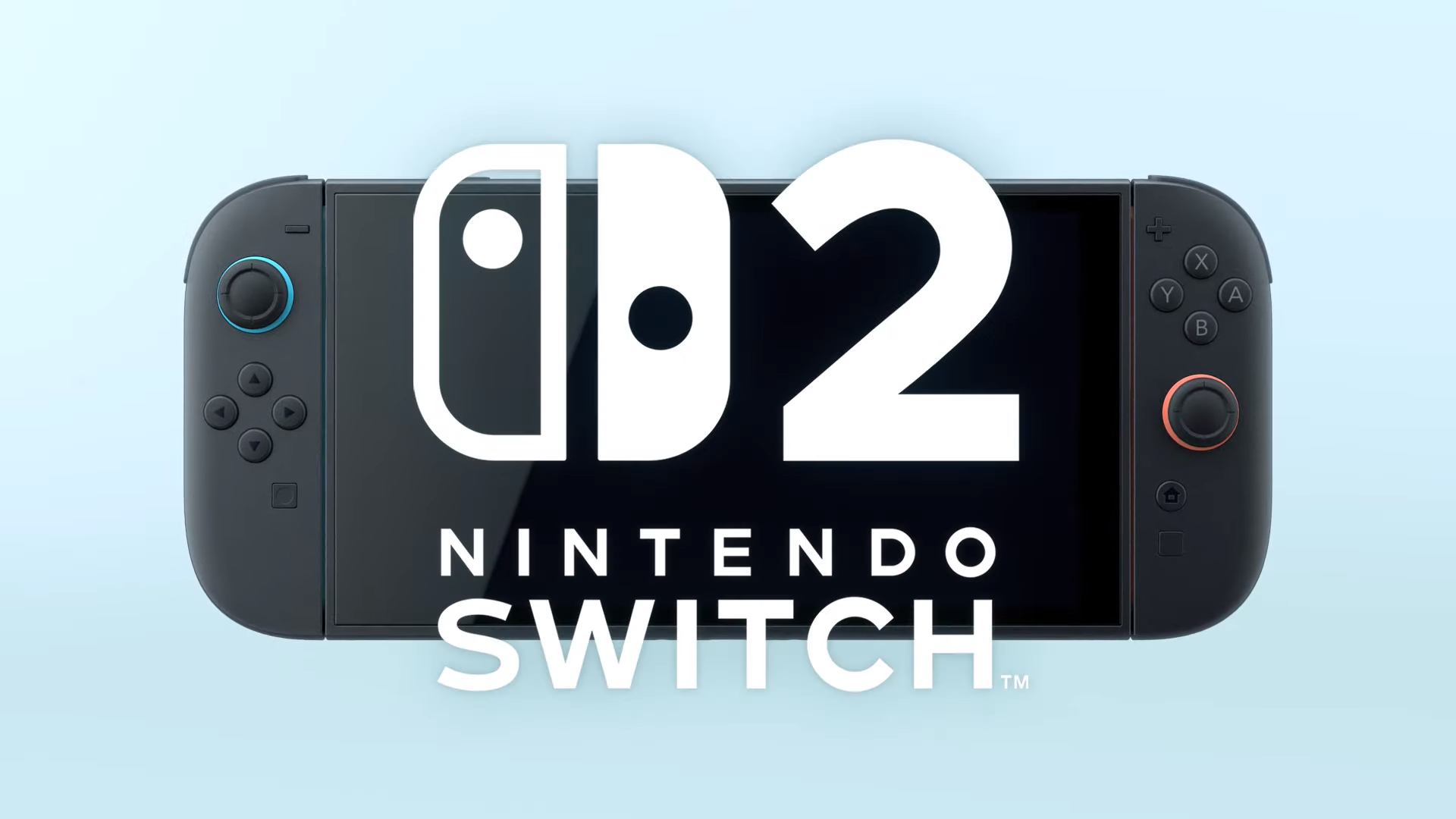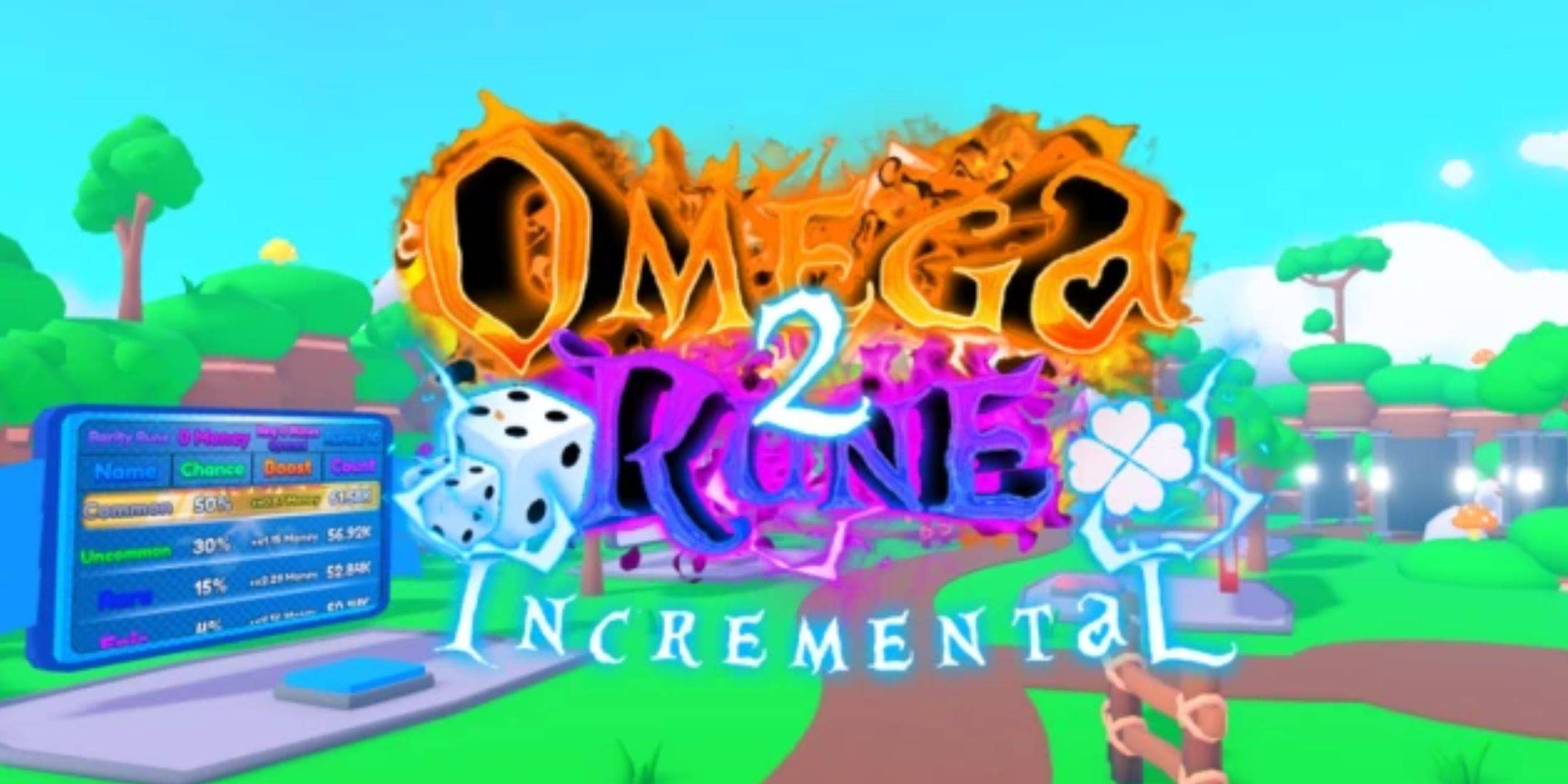How Doom’s Combat Evolves Alongside Modern Metal Music
- By Blake
- May 12,2025
Doom has always shared a deep connection with metal music, a fact that becomes evident from the moment you hear its iconic soundtracks or catch a glimpse of its persistent demonic imagery. The series' customary display of flames, skulls, and devilish creatures mirrors the aesthetic you'd find on an Iron Maiden stage, past or present. This bond with the heavier side of music has evolved alongside Doom's gameplay, both reinventing themselves multiple times over the franchise's 30-year history. From its thrash metal origins, Doom has delved into various sub-genres, culminating in the modern metalcore influences heard in Doom: The Dark Ages.
In 1993, the original Doom's soundtrack drew heavily from the big metal bands of the late '80s and early '90s. Co-creator John Romero has openly acknowledged the influence of bands like Pantera and Alice in Chains, evident in tracks such as "Untitled" from the E3M1: Hell Keep level, which features a riff strikingly similar to Pantera's "Mouth of War." The broader Doom score emulates the thrash subgenre, echoing the sounds of Metallica and Anthrax, propelling players through Mars' corridors with the urgency and speed of a thrash metal song. Composer Bobby Prince's timeless soundtrack perfectly complements the game's unforgettable gunplay.
Doom: The Dark Ages - Gameplay Screenshots
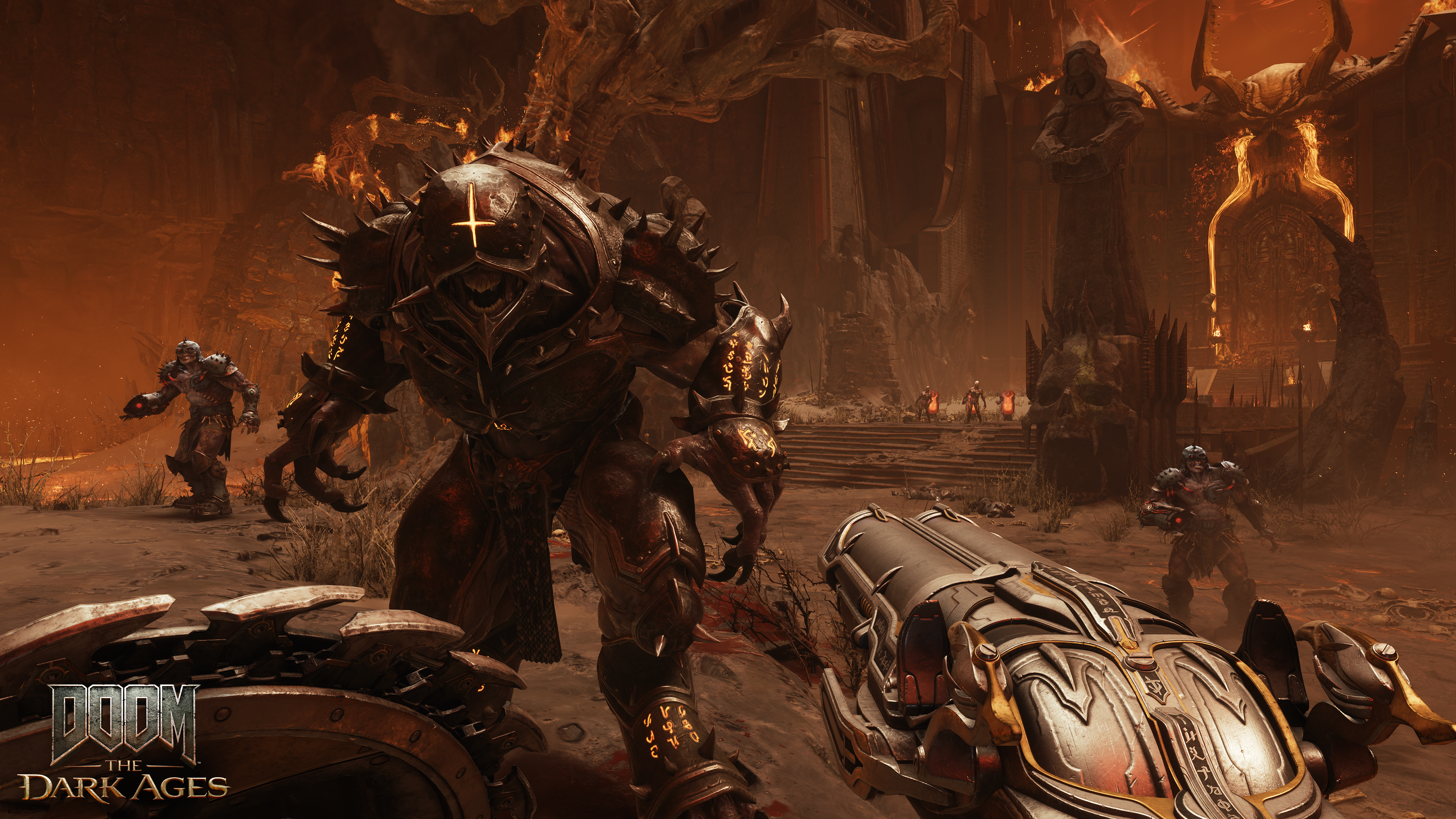
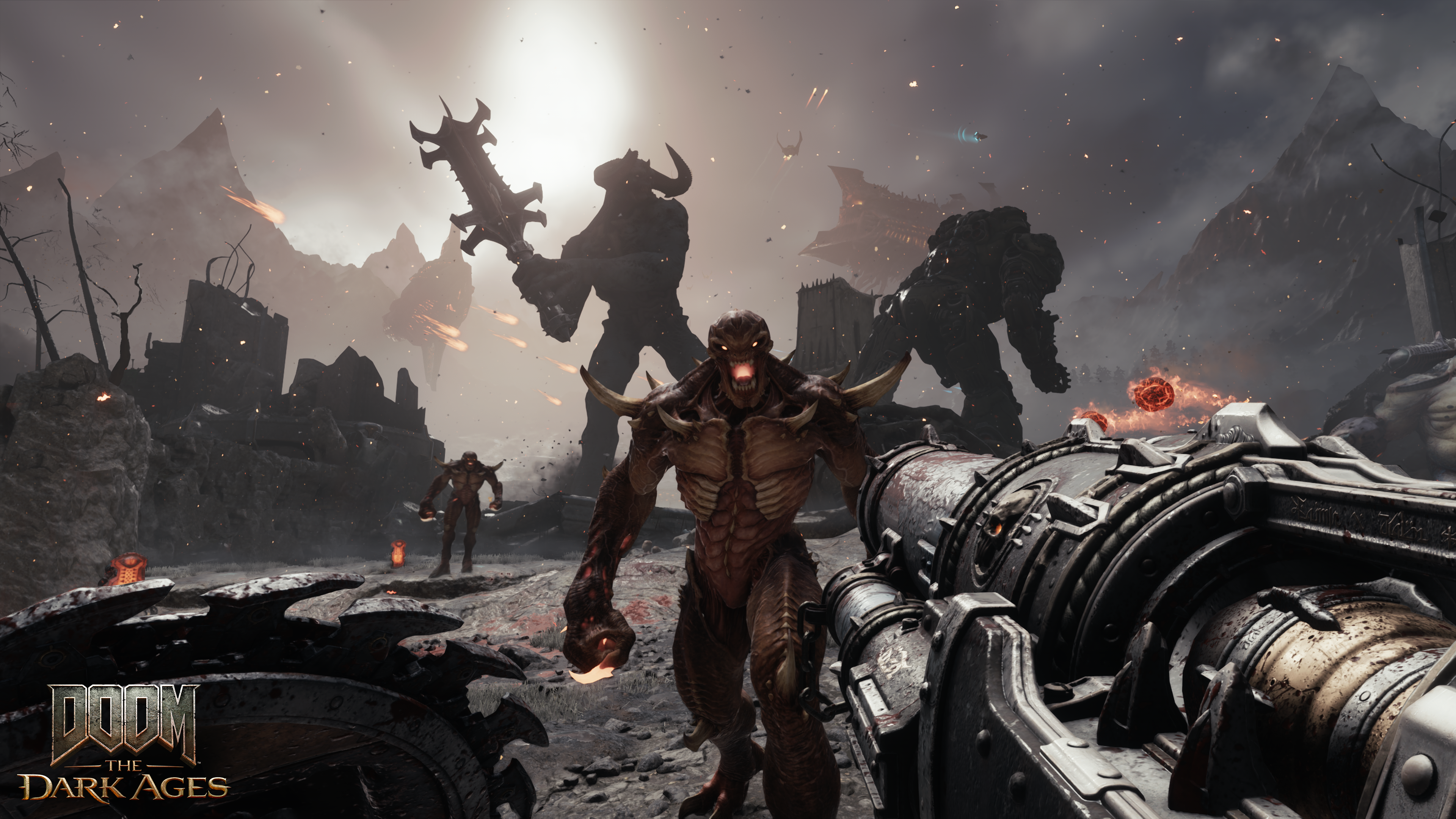 6 Images
6 Images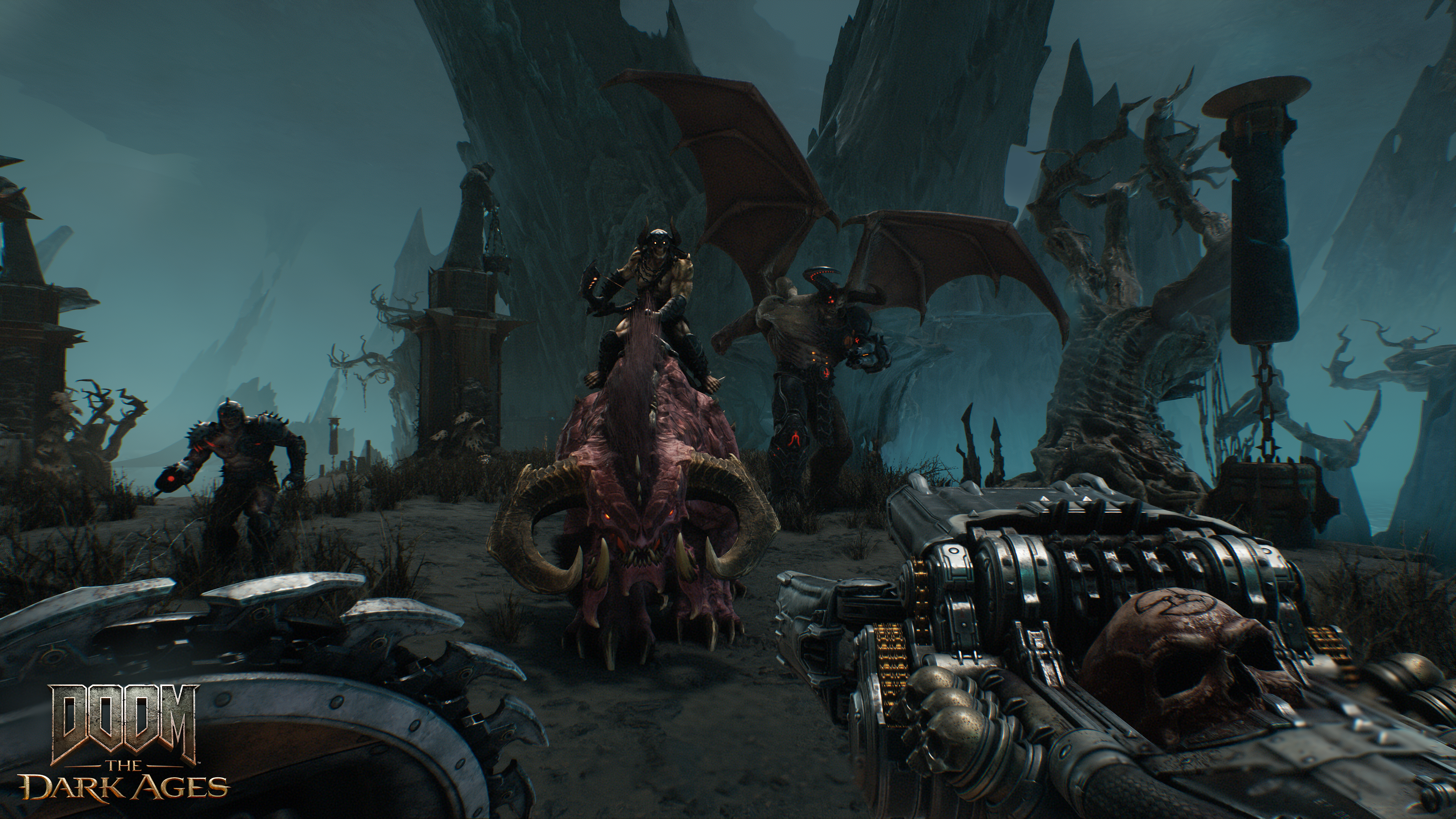
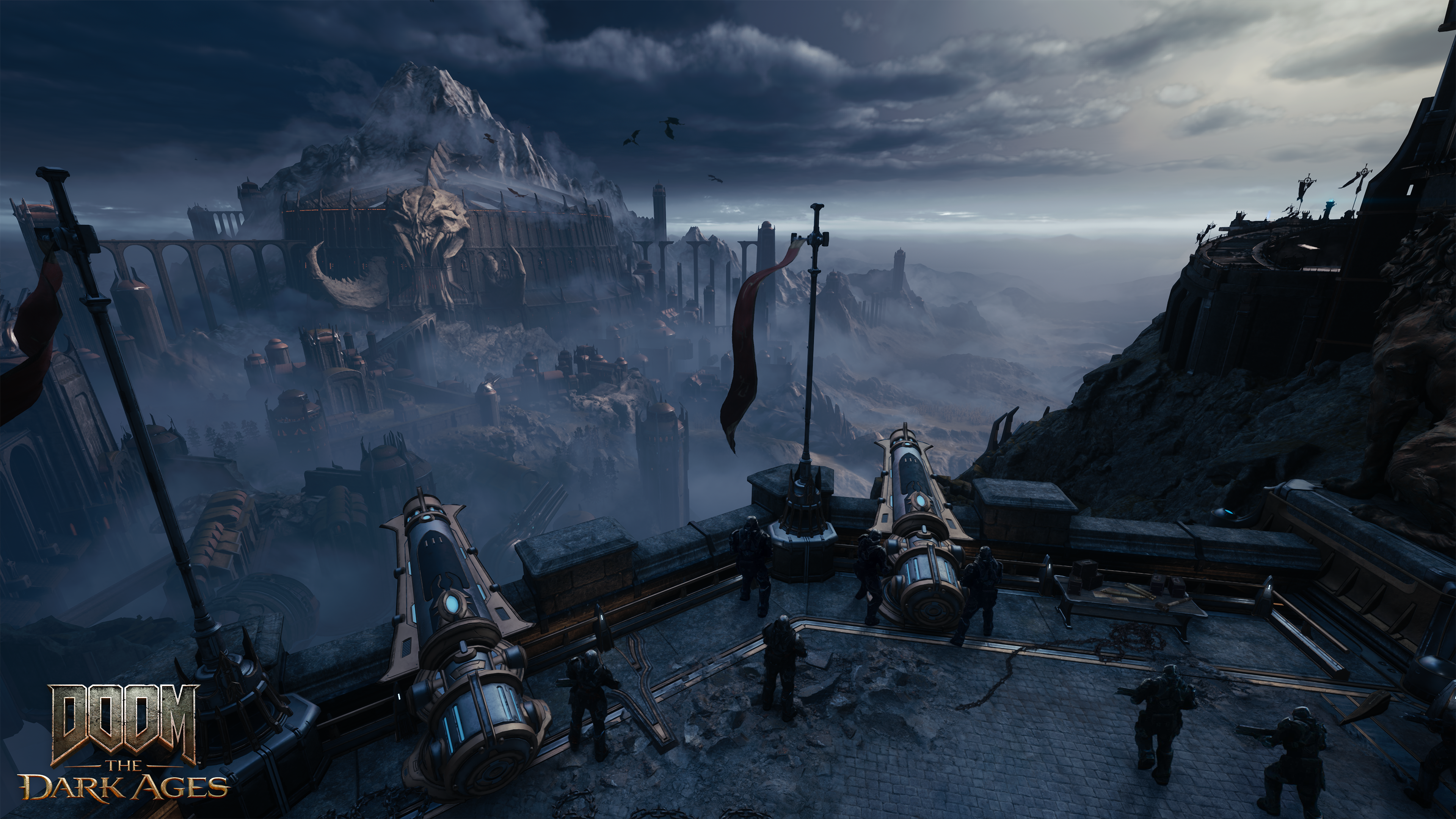
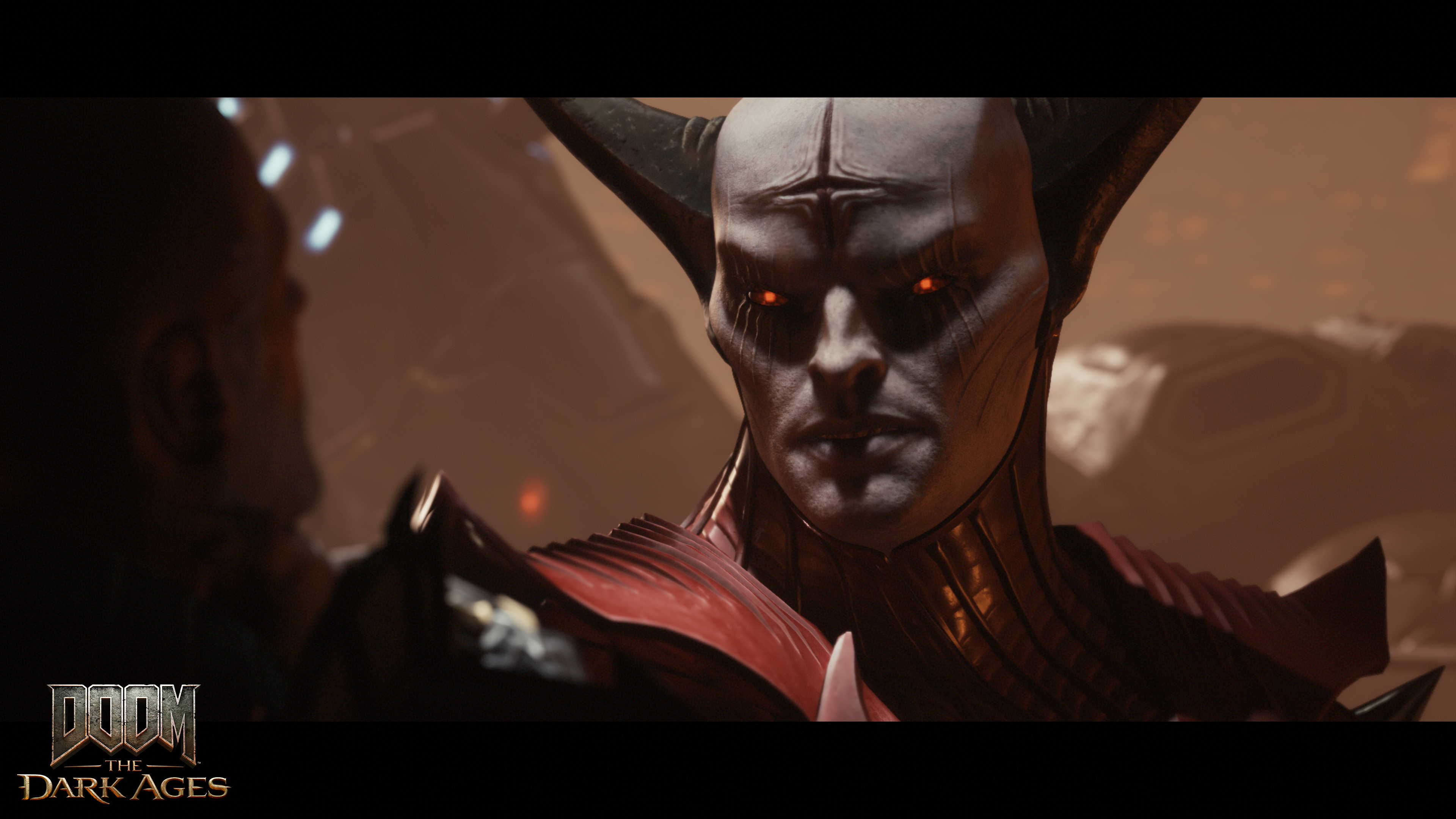
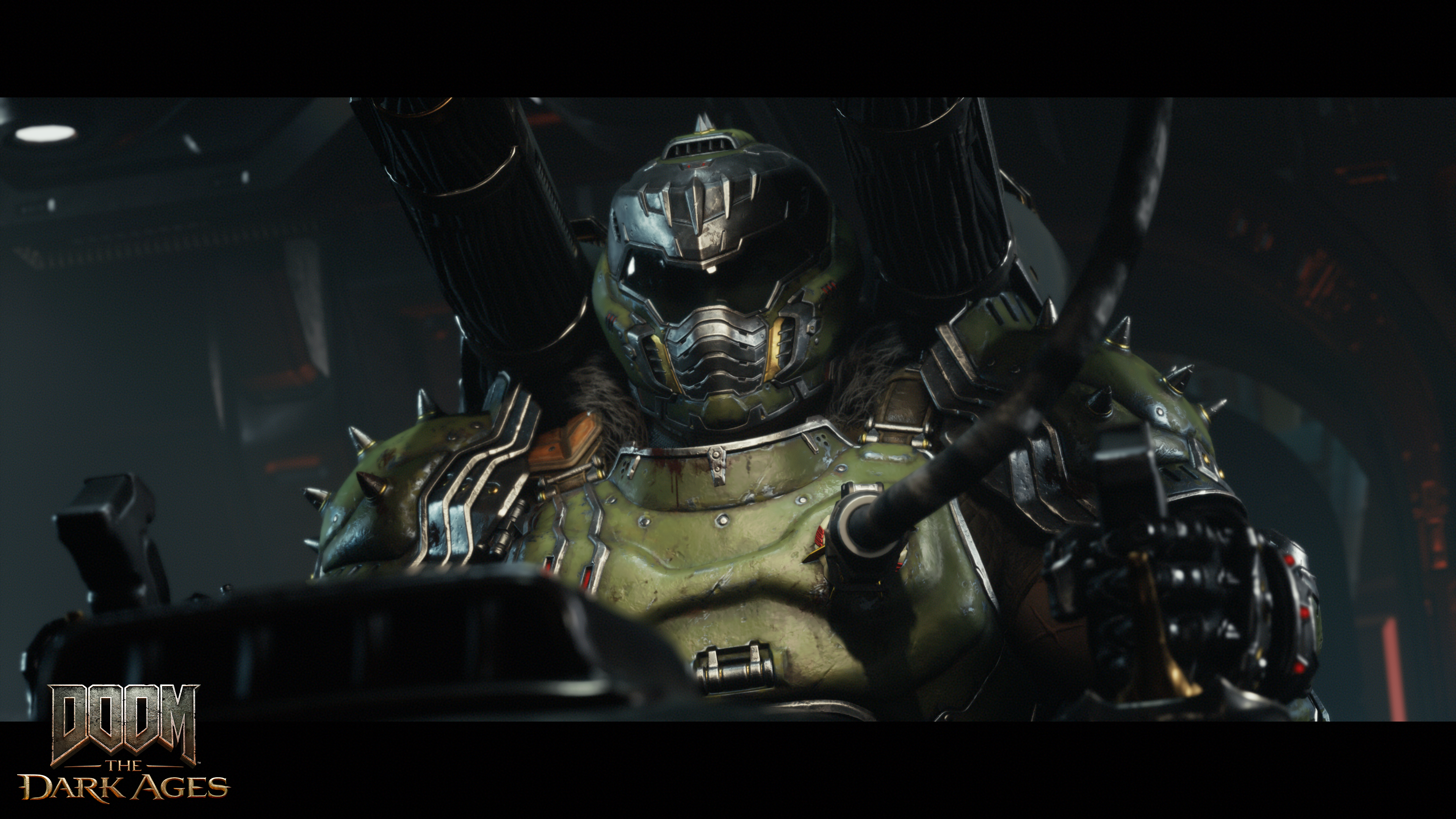
For over a decade, Doom continued to harmonize its rapid-fire gameplay with its shredding score. However, 2004's Doom 3 marked a shift towards experimental survival horror, introducing a slower, more deliberate pace that necessitated a new sound. Doom 3's main theme, reminiscent of Tool's "Lateralus," was initially meant to be orchestrated by Trent Reznor, but it was Chris Vrenna and Clint Walsh who ultimately crafted its score. Their work mirrors Tool's complex, off-kilter soundscapes, perfectly suiting the game's eerie atmosphere.
Despite Doom 3's commercial success, its survival horror elements set it apart from the series' traditional fast-paced action. This was a period of transformation for FPS games, with titles like Call of Duty and Halo reshaping the genre. Similarly, metal music was navigating its own changes, with the rise and fall of nu-metal. Doom 3's soundtrack, while not as iconic as Tool's "Lateralus," was a fitting experiment that complemented its unsettling tone.
After a long hiatus and a scrapped Doom 4 project, Doom returned triumphantly in 2016. Directors Marty Stratton and Hugo Martin revitalized the series with a soundtrack by Mick Gordon that blended sub-bass frequencies and white noise, creating a heart-pounding experience that resonated with fans of djent and progressive metal. Doom 2016's score, often considered one of the best in gaming, set a high bar that seemed almost impossible to surpass.
Doom Eternal in 2020 continued this legacy, though its development was fraught with challenges. Despite some controversy over the soundtrack's production, Gordon's influence is evident, with the music leaning further into the metalcore genre that dominated the late 2010s and early 2020s. The soundtrack reflects the gameplay's evolution, incorporating platforming and puzzle elements alongside intense combat, drawing inspiration from bands like Bring Me the Horizon and Architects.
Doom 2016 remains my personal favorite, much like my preference for the rawer, less refined work of metalcore bands from that era. Architects' "All Our Gods Have Abandoned Us" from the same year stands out as a favorite, echoing Doom 2016's groundbreaking reinvention. Doom Eternal, while excellent, doesn't quite capture the same raw intensity for me, though many fans hold it in higher regard.
Now, Doom: The Dark Ages promises a fresh take on the series, as showcased in the Xbox Developer Direct. The game's slower pace and new combat mechanics, including a Captain America-like shield and massive mechs, suggest a need for a soundtrack that can match its intensity and versatility. Early snippets indicate that composers Finishing Move are drawing from both past and present metal influences, blending the heavy breakdowns of bands like Knocked Loose with the thrash-like energy of the original Doom.
The Dark Ages' gameplay innovations, such as riding mythological creatures and piloting giant mechs, reflect the broader trends in modern metal music, where experimentation with electronic, hip-hop, and hyperpop elements is thriving. This evolution mirrors the excitement surrounding Doom, where gunplay remains paramount, yet the soundtrack plays a crucial role in enhancing the experience. With Doom: The Dark Ages, fans can look forward to a thrilling blend of old and new, promising a potentially new favorite metal album to enjoy come May.
Latest News
more >-
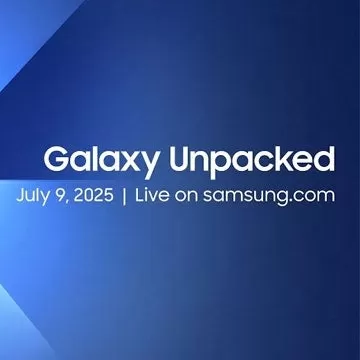
-
- Cardinals Watch Conclave Ahead of Key Event
- Feb 15,2026
-
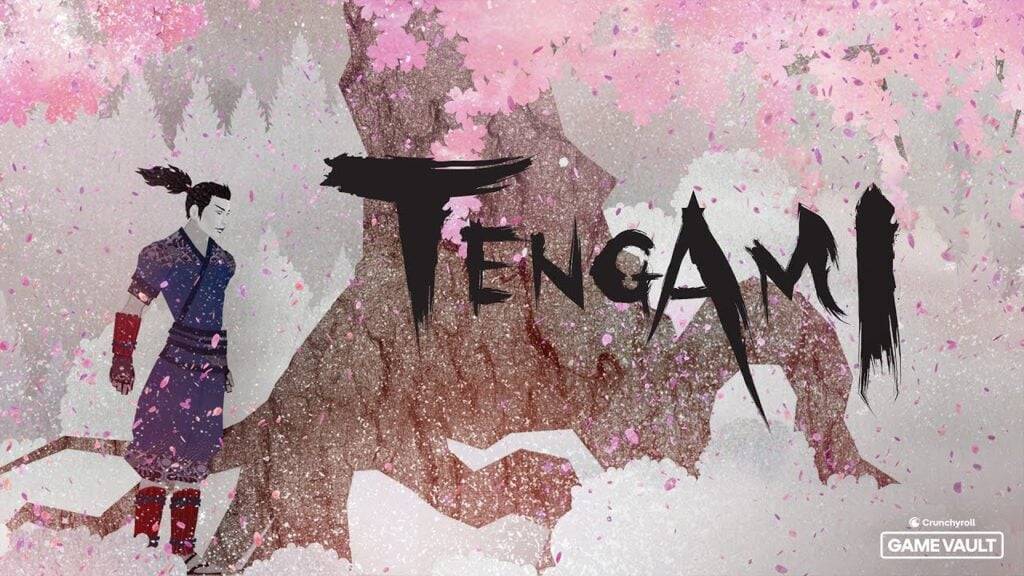
-
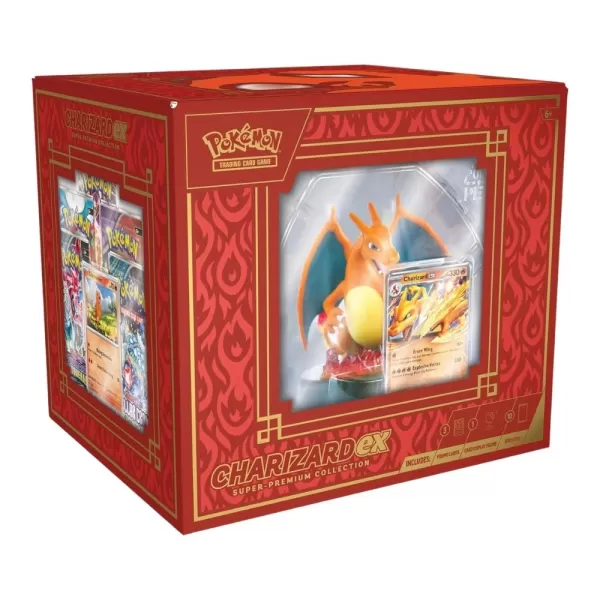
- Xbox Controller Gets a Major Upgrade
- Feb 13,2026
-
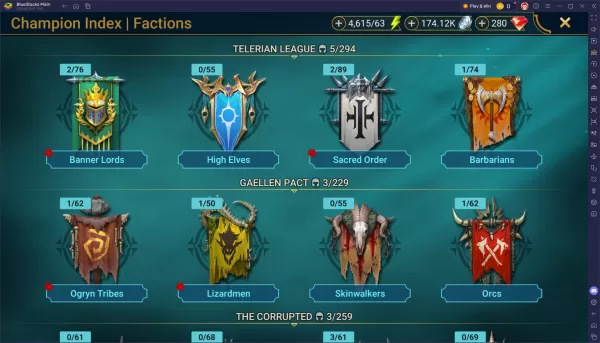
- Top 2025 Faction War Champions in Raid
- Feb 12,2026
